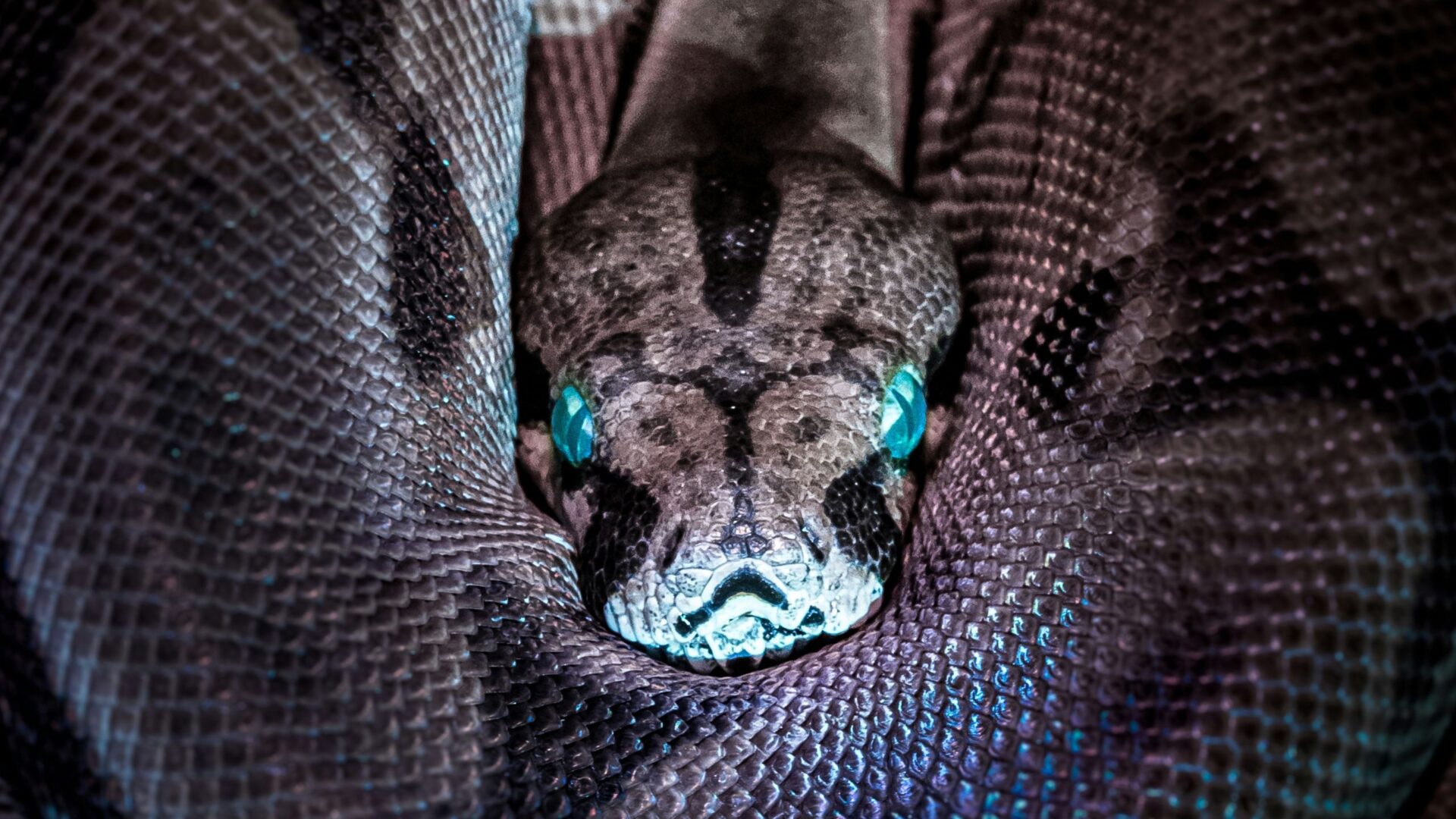Evolutionary Psychology
Evolutionary Psychology is a branch of psychology that explains human thoughts, feelings, and behaviors as adaptations shaped by natural selection. This approach was significantly developed in the late 20th century, with psychologists Leda Cosmides and John Tooby credited as pioneers. However, Charles Darwin and David Buss are also often associated as major influences and “faces” of the field.
Common Examples:
- Mate Preferences: Studies show universal patterns in how people select mates, often favoring traits linked to health or fertility.
- Fear of Spiders and Snakes: Evolutionary psychologists argue that this common fear may be an adaptive response inherited from ancestors who needed to avoid these threats.
In Evolutionary Psychology, the fear of spiders and snakes is seen as an adaptive survival trait. Ancestors who developed a fear response to potentially dangerous animals had better chances of survival, passing these tendencies down through natural selection.
Contrary to evolution, in Biblical Psychology, fear of certain creatures may be viewed as arising from the theological concept of the Fall, which introduced fear and suffering into the world (Genesis 3). Spiders and snakes, particularly the snake as a symbol in the story of Eden, could represent deeper spiritual themes of caution, sin, Lucifer, the Satan himself or presence of demons or a reminder of humanity’s separation from a perfected state. The latter is logical, for storing a memory of fear of snakes as survival mechanism is a biological nonsense, and doesn’t explain why not fear of tigers, elephants or wolfs or dinos.
Bizarre Examples:
- Cheater Detection: Evolutionary psychologists propose that humans evolved mechanisms to detect cheating to protect resources and social alliances.
- “Cinderella Effect”: Studies suggest that stepparents are more likely to mistreat children than biological parents, which some explain as an evolutionary inclination to prioritize biological offspring.
Greatest Achievement:
Evolutionary psychology’s greatest achievement is its contribution to understanding universal behaviors—such as cooperation, mating strategies, and language acquisition—as rooted in adaptive purposes.
Greatest Mysterious Case:
One debated case is the Eusociality in Humans—how complex social behaviors like altruism and morality may have evolved despite the “selfish” nature of genes.
Criticisms:
Critics argue evolutionary psychology can overemphasize biological determinism, neglecting cultural and individual differences. Some also claim it can be speculative, as hypothesized adaptations are hard to verify scientifically.



